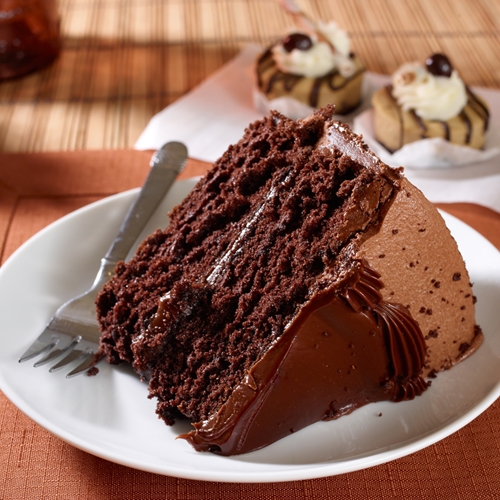
Two Harvard students, John McCallum and Brooke Nowakowski, have recently developed cake that comes out of a spray can, an idea originally used as a final project for a Science & Cooking class. Culinary arts programs with an emphasis on science continue to be popular as the field of molecular gastronomy remains en vogue in the United States. While many foodies might grimace at the idea of cake in a can, initial testing done by the Harvard students has received positive results from culinary pundits. Although many spray can foods are usually associated with poor quality, the work done by the ivy league duo focuses on using science to create a product similar to any normally baked cake.
Cake in a can
McCallum came up with the idea for cake in a can after listening to a lecture by restaurateur Joanne Chang, who discussed the chemistry of what makes a cake rise in one of his classes at Harvard. A light bulb clicked for the at-the-time college freshman. McCallum invented his cake in a can, knowing he had created a project that would award him an exemplary grade, but he was prepared to leave it in the lab. When he shared the idea with classmate Brooke Nowakowski, she expressed her belief in the project’s potential. After that the duo began experimenting with the product in plans to take it to market, with McCallum as the cake’s inventor and Nowakowski as the brains behind marketing. They also started dating. The two are in the process of patenting what is currently being called Spray Cake.
How it works
Spray Cake boasts the ability to make a cupcake in 30 seconds or a full cake in a minute, using a microwave as a heat source. Air bubbles are released into the batter by an accelerant in the can, which nullifies the traditional need for baking soda. The batter simply has to be sprayed into a microwave-safe cooking receptacle. The couple has developed a zebra cake, which is half chocolate and half vanilla, providing an element of versatility to the product.
Nowakowski also claims Spray Cake could benefit portion control, as it makes it possible to quickly cook a single cupcake rather than make an entire batch. The duo is still perfecting their signature flavor, but cake in a can could be in grocery stores soon.

